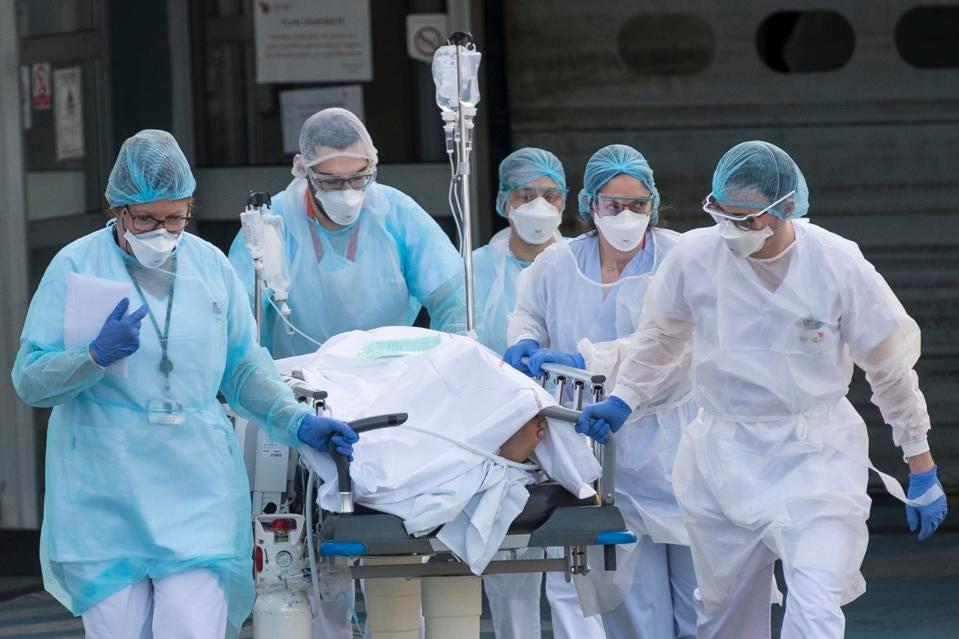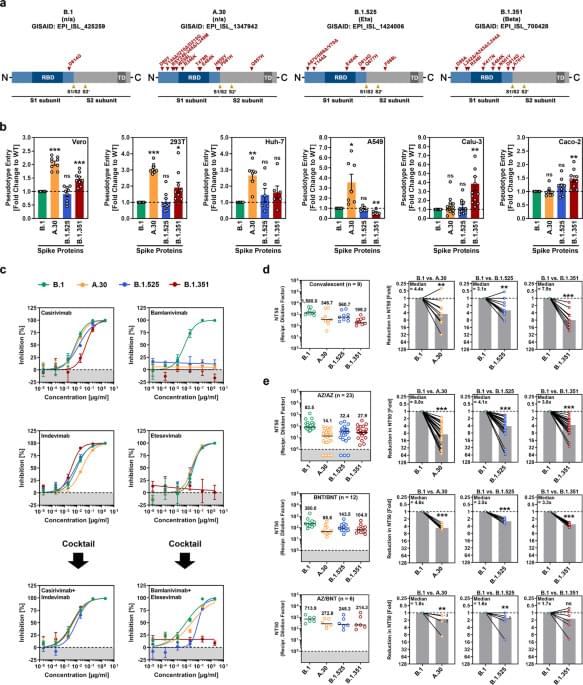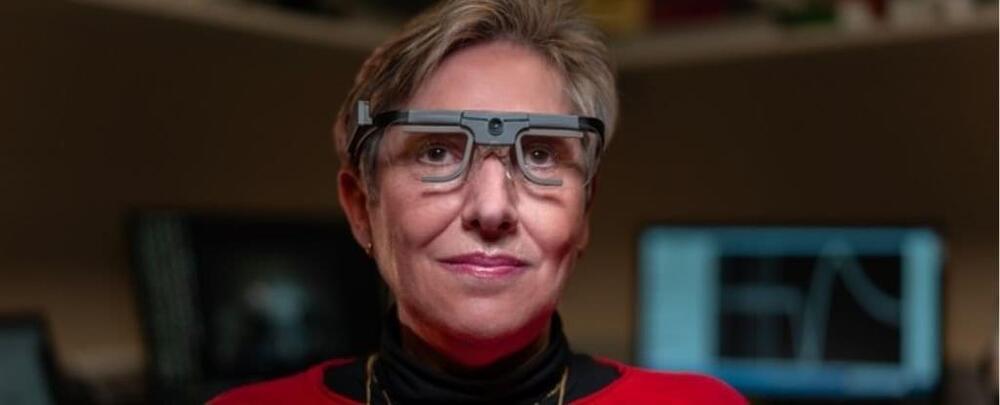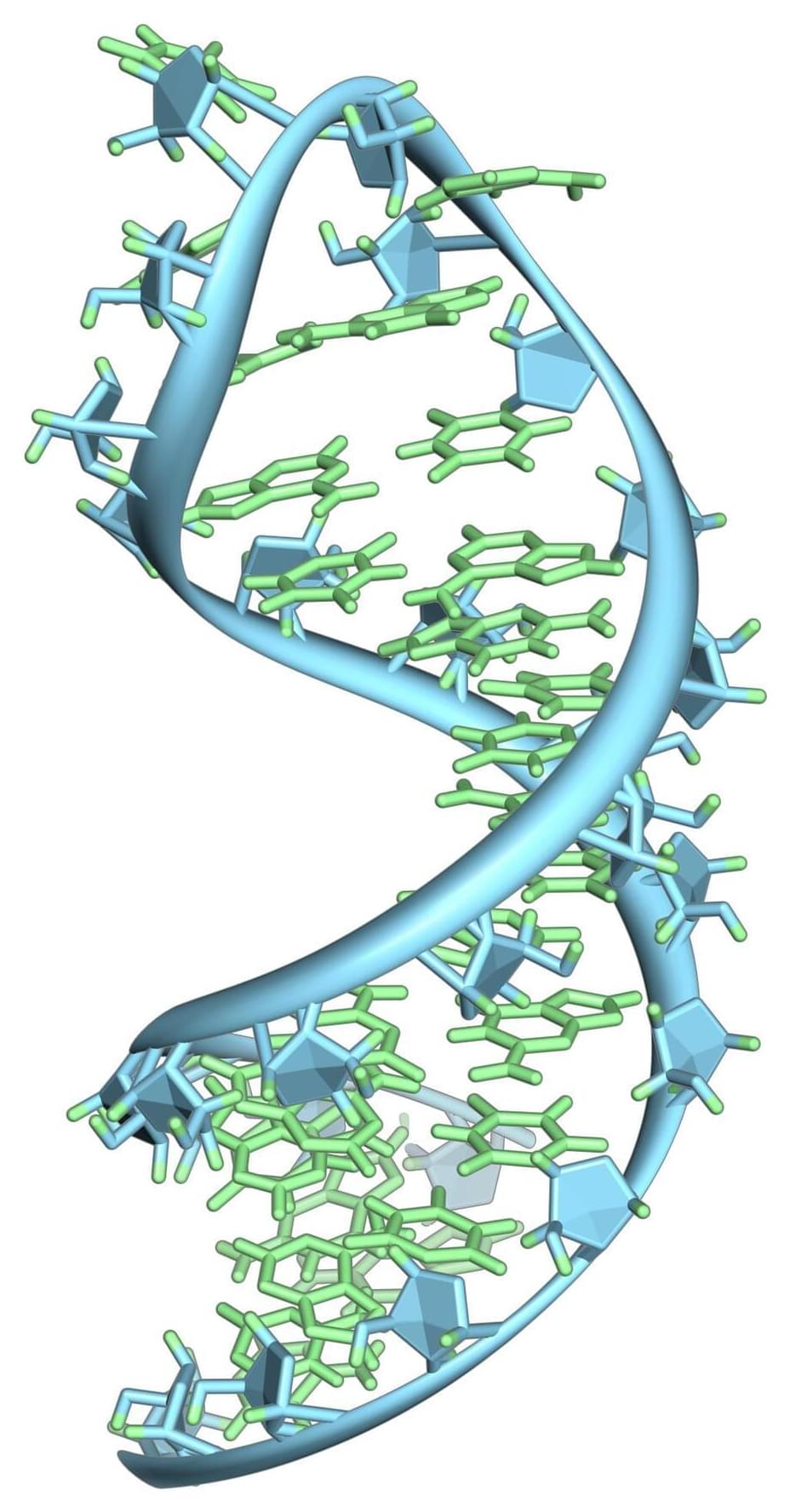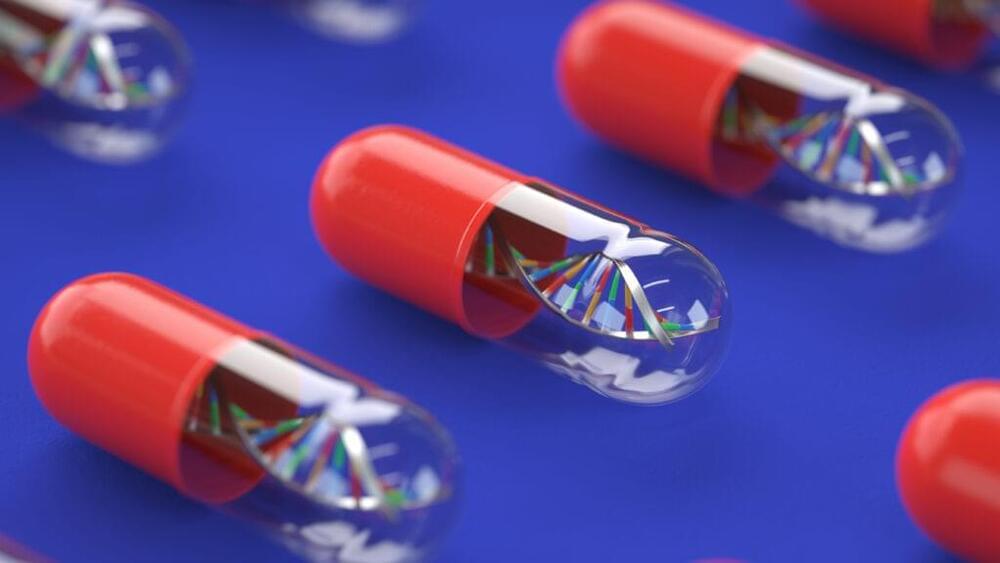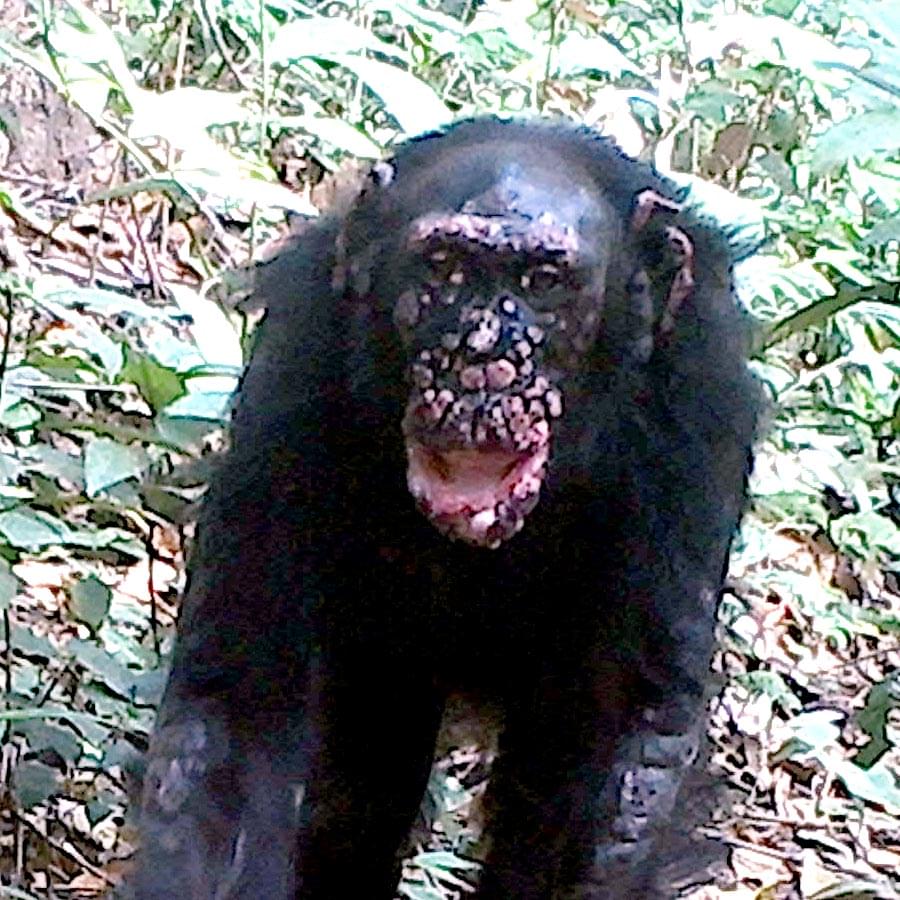Like weather forecasting, disease forecasting needs to be statistical.
While we cannot predict in advance exactly how many hurricanes will occur this year or how bad they will be, we know with great confidence that climate change is a risk factor increasing the frequency and severity of hurricanes. Our knowledge of this and all the other risk factors for hurricanes allows us to make a statistical prediction for the coming season.
Similarly, we have known for decades that ther… See more.
I’ve written before about the need for infectious disease intelligence and whether or not we can insure against damages from future outbreaks. Both ideas assume that epidemics can, to some extent, be predicted. But can they?
The lack of control and idiosyncrasies of the current Covid-19 pandemic (like multiple “waves” of transmission), might cause some to wonder if predicting epidemics is a lost cause. A comparison of the performance of 27 individual models made by many of the best academic scientists showed high high variability in forecast skill across time, geospatial units, and forecast horizons. Only just more than half of the models evaluated showed better accuracy than simply assuming the number of cases per week will stay the same for the next 4 weeks.
